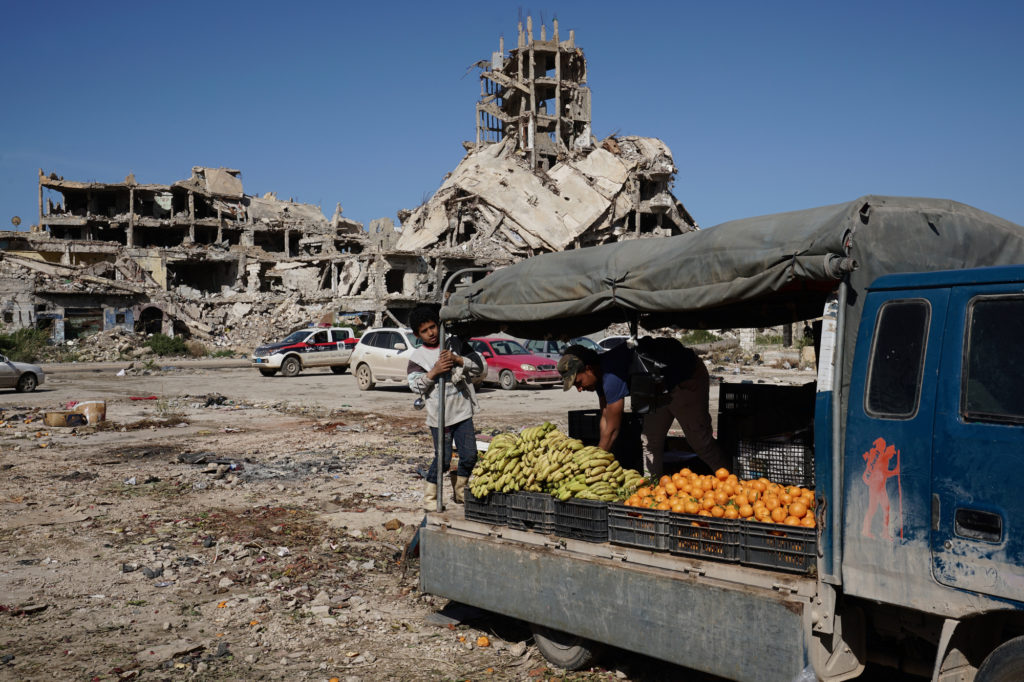PCi and Chatham House co-hosted the webinar: ‘Societal Impact of the Conflict Economy in Libya’ on 29 March 2022.
The webinar launched PCi’s new report, ‘Unpacking the Impact of Conflict Economy Dynamics on Six Libyan Municipalities’ that fills an important gap in our understanding of conflict dynamics in Libya, arguing that political elites and armed groups cannot be assessed in a vacuum, without exploration of the socio-economic context of the communities that they claim to represent. The research takes a localised approach, exploring factors that influence local conflict economy dynamics, which vary from area to area. It is also a human centred approach, viewing Libyans as participants in the local conflict economy – both willing and unwilling – rather than only as passive victims of the conflict-affected environment in which they live.
The report concludes that reducing the societal impact of Libya’s conflict economy cannot rely solely on high level elite bargains – and a top-down approach to security sector reform. National level conflict dynamics and local instability are linked and this must be tackled via a twin track approach whereby local interventions are supported by the implementation of national-level reforms that address structural issues. In addition, in support of local social cohesion, the paper recommends the establishment of economic-social peace partnerships that promote pro-peace business activities across conflict divides. It also recommends conflict sensitive livelihood and peacebuilding interventions that minimise the risk of assistance worsening conflict dynamics, and that maximise opportunities to contribute to sustainable peace.
Panellists include:
- Emad Badi, Senior Fellow at the Atlantic Council, Advisor at DCAF and Senior Analyst at Global Initiative against Transnational Organized Crime
- Virginie Collombier, Part-time Professor, Scientific Coordinator chez Middle East Directions Programme, European University Institute
- Tim Eaton, Senior Research Fellow in the Middle East and North Africa Programme at Chatham House and XCEPT Research Lead for the Libya, East and West Africa Case Study
Chair:
- Fleur Auzimour Just, Chief Executive Officer of the Peaceful Change initiative
To view the webinar, click here

